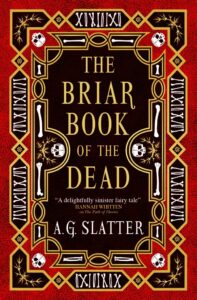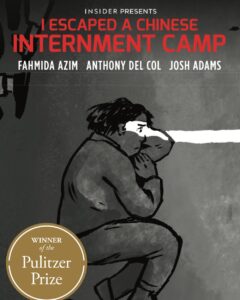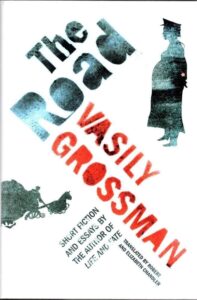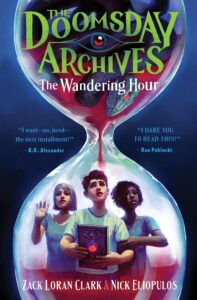Before Lucius Shepard had published stories, he had the idea of a dragon who was 6,000 feet long, immobilized but not killed by a wizard’s spell ages ago, now more or less a part of the landscape with towns and villages on and around his body, which was difficult to distinguish from the other hills of the region. This was the dragon Griaule, to whom Shepard would return throughout his career: the first story in the collection, “The Man Who Painted the Dragon Griaule,” was published in 1984; the last, “The Skull,” appeared in 2012, two years before Shepard’s own death. Throughout the stories, Griaule is vast and still, but awake, and malevolent. Some characters perceive his presence as part of the general atmosphere in the places built on his body. Others think that they have more direct access to his will, or perhaps vice versa.
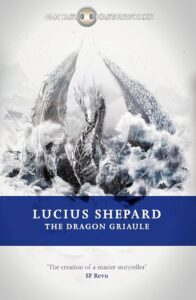
The stories begin in the register of fantasy tales, with perhaps a bit of industrialization peeking over the temporal horizon. Early on, the towns also want to rid themselves of Griaule’s influence and become more or less normal places. Later, the populace of places close to Griaule appear to have accepted their lot, and some even to revel in it. In the first story, the titular man is a painter who has not met with much commercial success. When he hears of the offer by the town of Teocinte to give a vast sum to anyone who can finally kill Griaule, Meric Cattanay sees an opportunity for a great plan, or maybe a great scam. Griaule will become an enormous canvas, Teocinte will become home to a wonder of art, and the action of the paints will become the dragon’s end, chemicals finally doing what sorcery could not. Shepard sketches the decades that pass, until finally
You decided to paint a dragon, to send hundreds of men searching for malachite and cochineal beetles, to love a woman, to heighten an undertone here and there, and finally to position your body a certain way. He seemed to have reached the end of the process. What next? (p. 29)
Who has outlasted whom?
Continue reading
 Powerhouse manager Leona Sable is the full package — smart and talented, not to mention sexy as hell — but her past makes her impossible to trust. When opportunity knocks in the form of talented EDM DJ Luke “The Musical Prophet” Anderson, Leona is ready to answer.
Powerhouse manager Leona Sable is the full package — smart and talented, not to mention sexy as hell — but her past makes her impossible to trust. When opportunity knocks in the form of talented EDM DJ Luke “The Musical Prophet” Anderson, Leona is ready to answer. 


